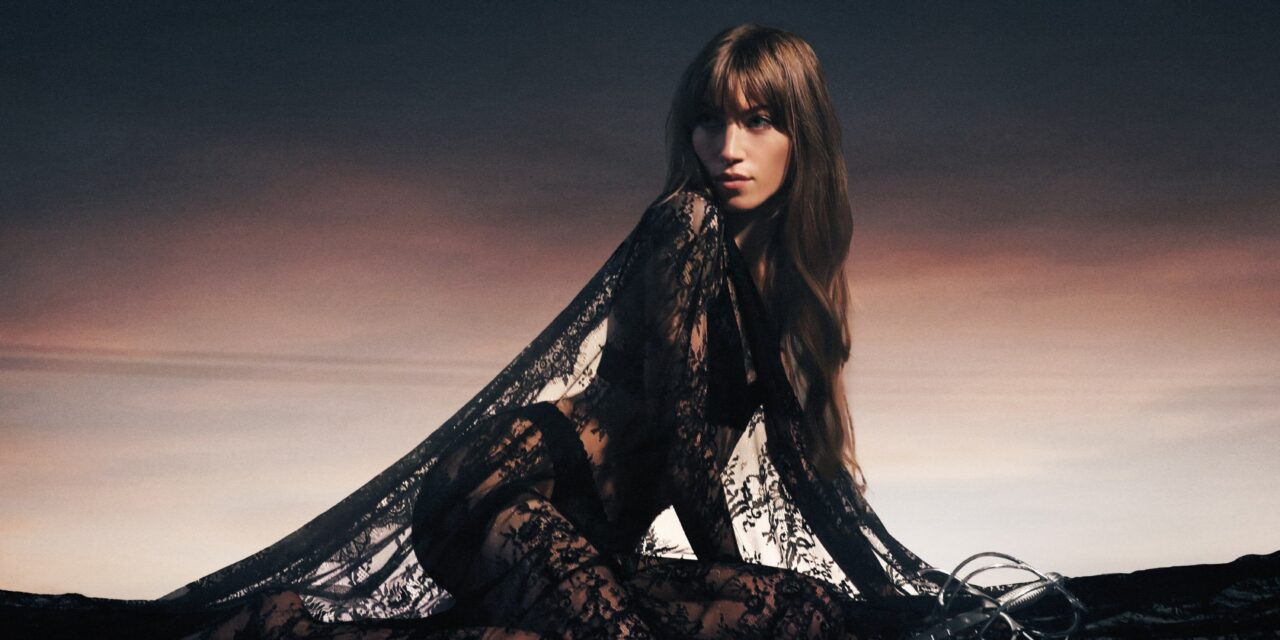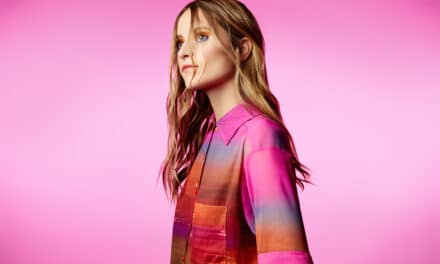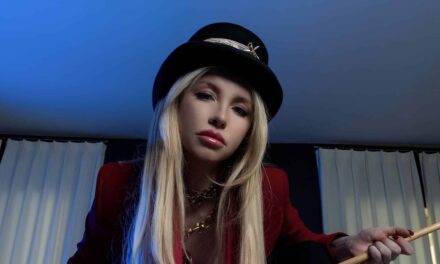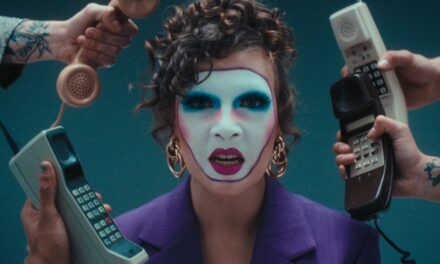There’s a certain kind of artist who doesn’t just make music — they build worlds. Alexa Dark, the Spanish-American singer-songwriter redefining the boundaries of dark pop, is one of them. Her universe is one of velvet shadows and cinematic glamour, where heartbreak becomes poetry and desire turns into a slow-burning siren song.
Raised between London, Barcelona, and New York City, Alexa carries a multicultural backdrop that bleeds into every note she writes. Her music feels like the offspring of Nancy Sinatra’s cool detachment, Portishead’s trip-hop noir, and the smoke-filled allure of French New Wave cinema. The result? A sound and vision that blur vintage elegance with a distinctly modern edge.
Performing on London stages as a teenager, Alexa honed her craft not in polished studios but in real rooms, with real energy. Today, she’s built a retro, Bond-esque world that exists both on stage and online, drawing in a growing cult following who come for the atmosphere as much as the music. Her sets — equal parts theatrical and intimate — have made her a sought-after act at luxury venues, jazz clubs, and high-fashion events.
Her debut EP, Dark, Vol. I, set the tone for what Alexa does best: making the haunting irresistible. Mastered by Grammy-winner Emily Lazar (Beck, Haim), the project landed on playlists like Spotify’s Fresh Finds and Apple Music’s New In Indie, earning praise from SPIN and Earmilk. It’s an entry point into her vision — one where old Hollywood’s femme fatale doesn’t just exist on screen, but takes the mic and rewrites the script.
But Alexa Dark is more than a musician. With her timeless-meets-edgy style, she’s become a rising figure in fashion as well, signed to ONE Management. Her presence feels equally at home in a smoky club as it does in the glossy pages of a magazine. Every move, from her lyricism to her look, reinforces the persona she’s building: a modern-day femme fatale, mysterious but never passive, elegant but never fragile.
As she teases new music, Alexa’s vision grows sharper. She isn’t just writing songs — she’s carving out a mythology. In a landscape of fleeting trends, she offers something rare: a fully realized world where sound, style, and storytelling merge into something unforgettable.
Alexa Dark doesn’t just want you to listen. She wants you to step inside her world — and once you do, it’s impossible to leave.
![]()
![]()
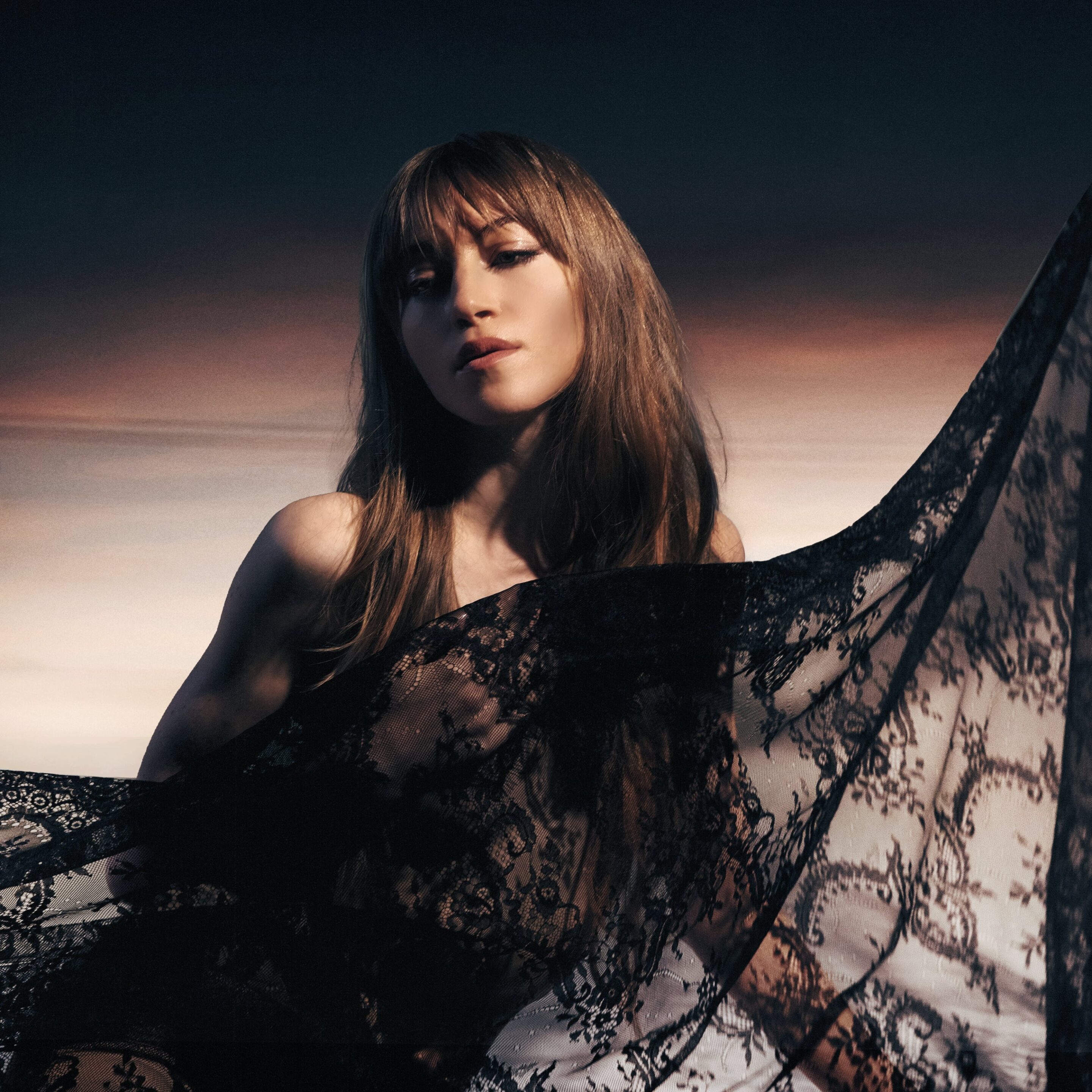
Your music lives somewhere between vintage glamour and modern edge — how do you balance Old Hollywood allure with the darker, genre-defying energy of Our Fate Was Always Fatal?
I’ve always been drawn to timeless glamour. But I never want to feel stuck in the past. I love to bring modern elements into that world, let something darker seep through. I guess it’s less about balancing and more about letting both worlds bleed into each other.
The new EP feels like it was ripped from the reel of a French New Wave film. Do you imagine your songs as scenes in a movie when you’re writing?
Always. The music and the visuals always go together for me – when I’m writing a song, I’m seeing the scene. French New wave films have always been some of my biggest inspirations.
“Heavy Metal” feels both dangerous and intimate — can you walk us through the story behind that track and why you chose it as a visual centerpiece?
“Heavy Metal” is about being broken, haunted, but also finding defiance and even power in that. It’s the aftermath of a love that destroys you. It felt like the centerpiece because it’s the most raw, and the finale of the three songs because it ends on a note of finding power in yourself, even though it’s not always pretty.
You’ve lived between London, Barcelona, and New York City. How do those cities, with their very different energies, bleed into your sound and storytelling?
Every place I’ve spent time seeps into the music I make. London is where I first started playing shows, figuring out who I was on those stages. Barcelona gave me a kind of romance and rhythm. New York is a gritty kind of poetry.
The femme fatale is a recurring figure in cinema and pop culture — what does reinventing that archetype mean to you in 2025?
The femme fatale was seen as dangerous because she owned her power and embraced her freedom – which is as important now in 2025 as it ever was.
Your work has echoes of Nancy Sinatra, Portishead, even Bond soundtracks — but who are the unexpected influences shaping Alexa Dark that fans might not hear immediately?
A lot of my influences aren’t just musical. I’m very inspired from writers like Sylvia Plath, directors like David Lynch, and French New Wave films. Also by a lot of older Spanish music, from the Spanish singer songwriters I grew up hearing in the kitchen.
Fashion seems to play just as much of a role in your artistry as music. Do you see style as another instrument in the way you tell stories?
Definitely. The clothes set the scene before I even sing a word. It’s all part of the atmosphere, the performance, it helps you step into the world I’m creating.
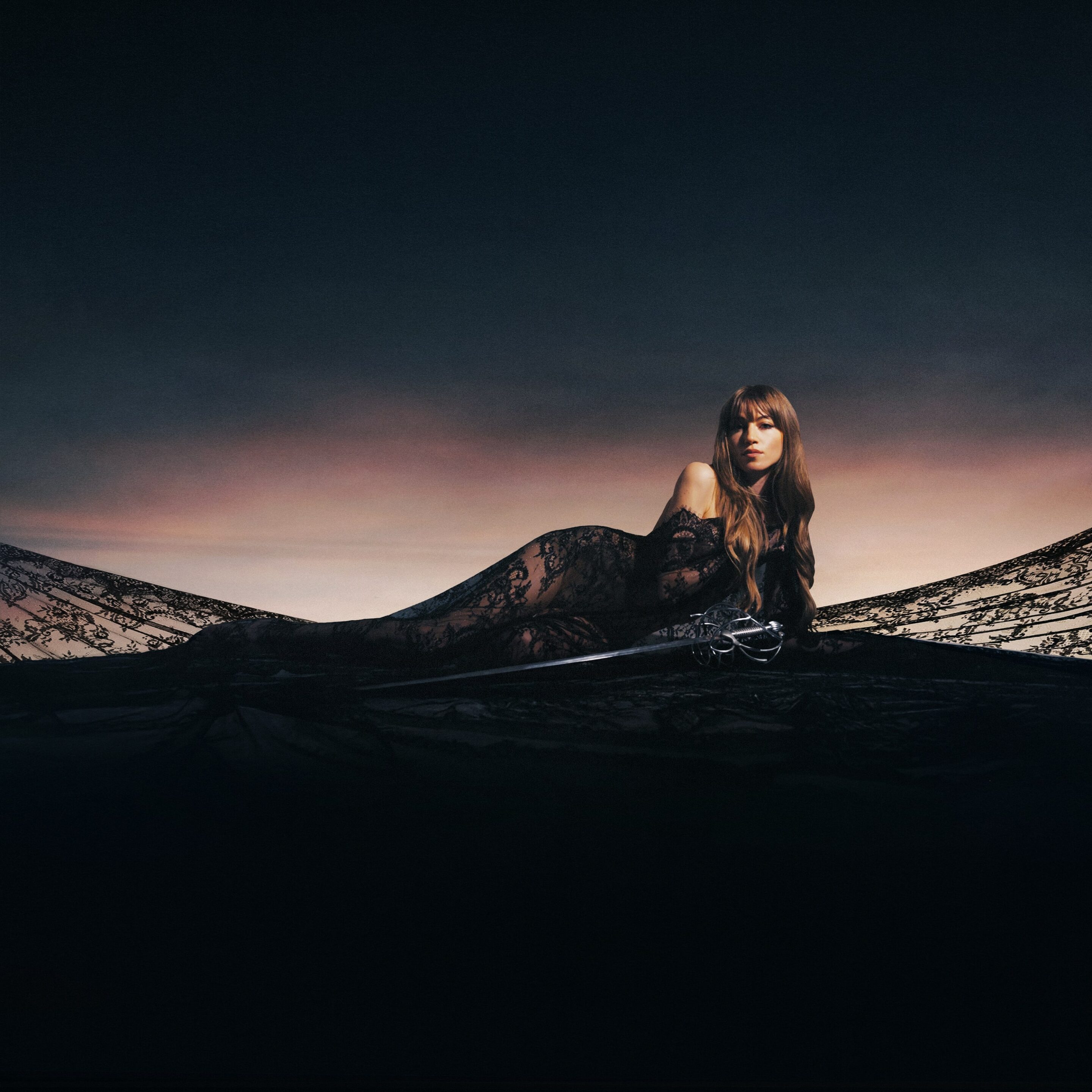
You started performing on London stages as a teenager. Looking back now, what was the moment you realized this dark, cinematic pop world was truly yours?
I think it was less a single moment and more a slow realization. There was this feeling on stage that I was creating a world and for a little while, people stepped into it with me. I wanted to keep creating that feeling for people and myself.
Your lyrics often toe the line between heartbreak, desire, and power. Which of those three emotions feels most present on Our Fate Was Always Fatal — and why?
I think it’s a combination of all three. Heartbreak, desire, and power are tangled up in each of the songs, and the tension between the three is where I’m living in the EP.
The title of the EP suggests inevitability, a kind of tragic beauty. When you think about fate in your own life, do you embrace it, resist it, or play with it like a character in one of your noir-inspired songs?
I have a love-hate relationship with it. The fate in my life is romantic, sometimes cruel, but I never try to resist it. It drives the music I make.

